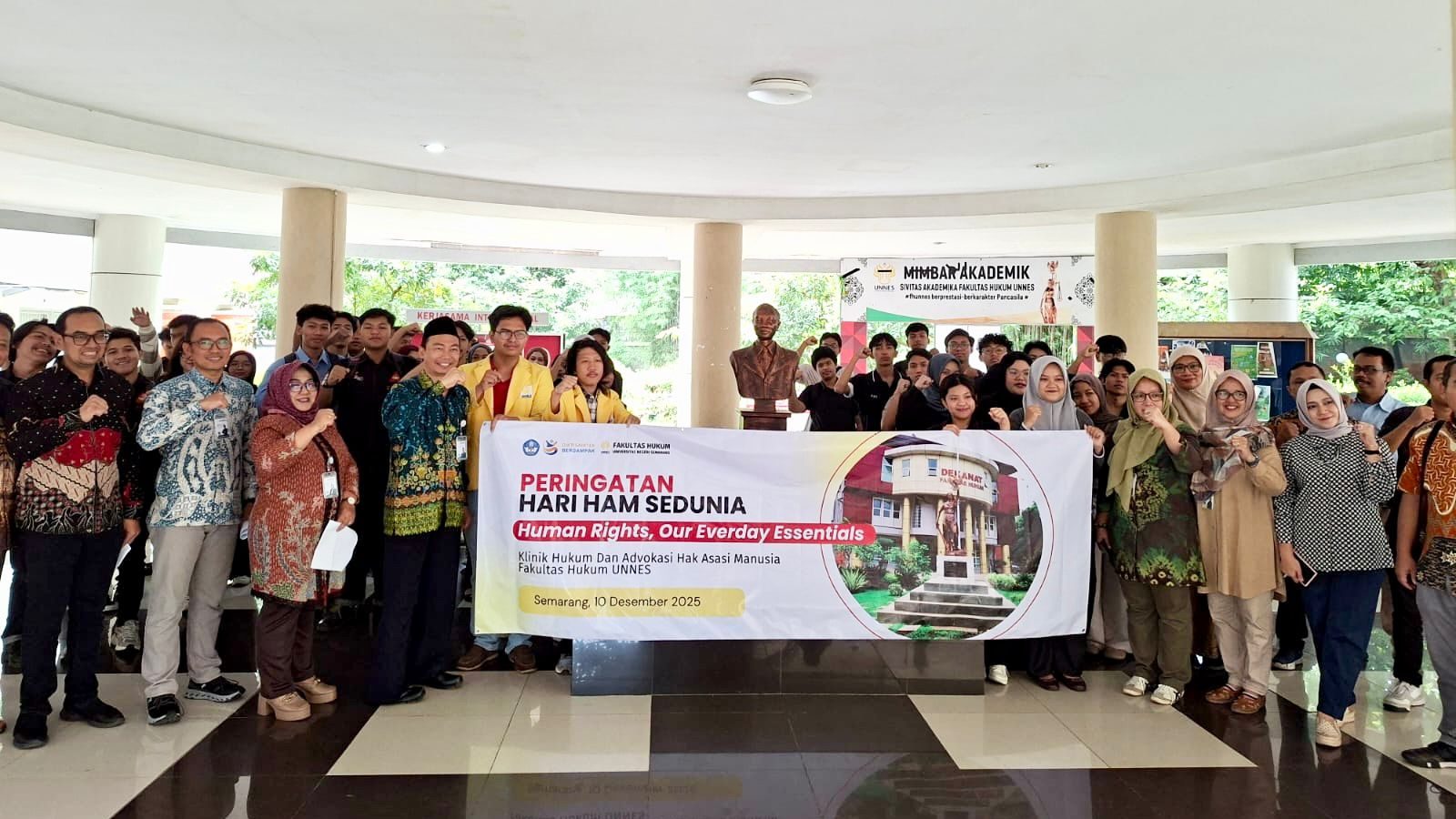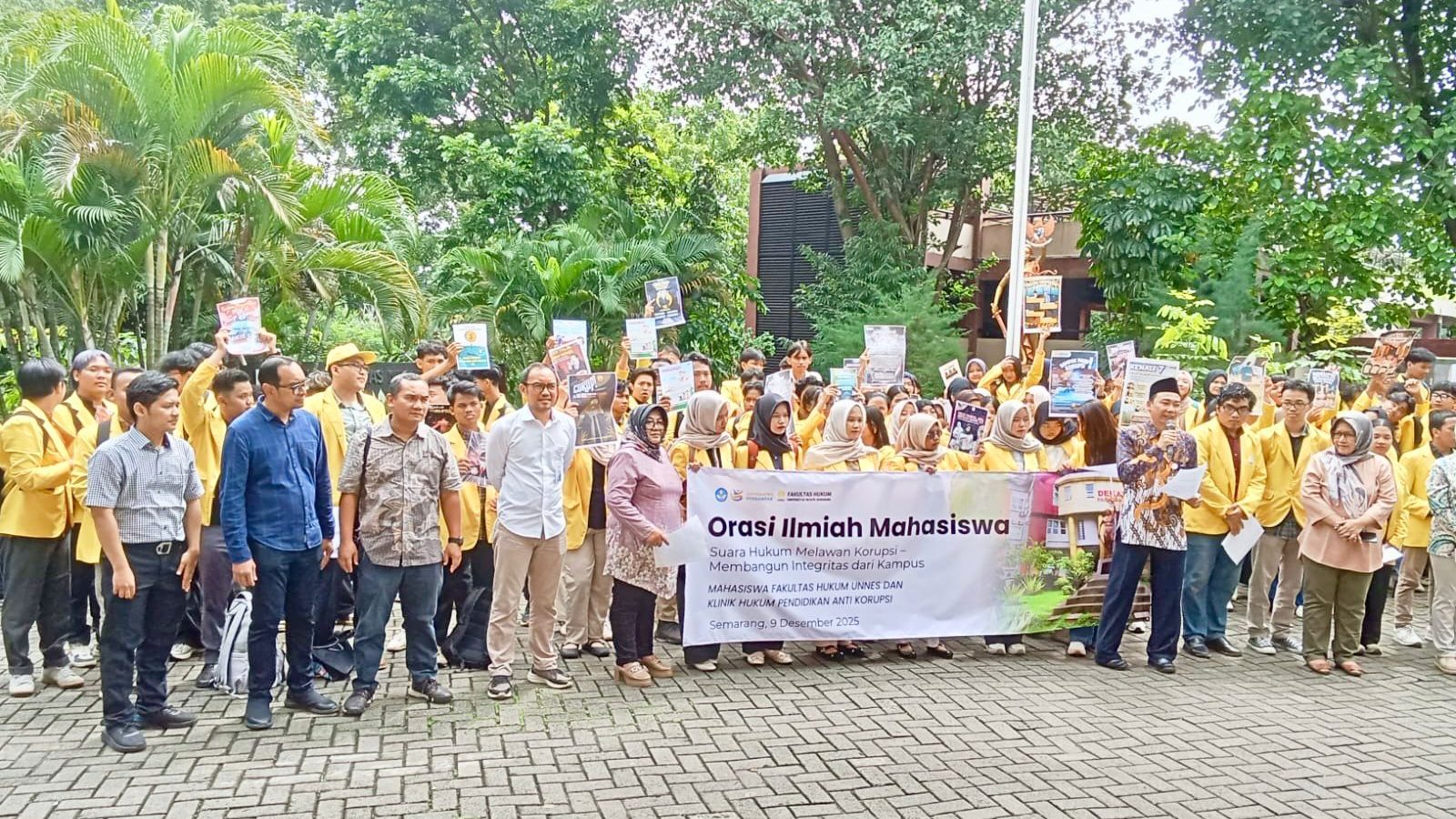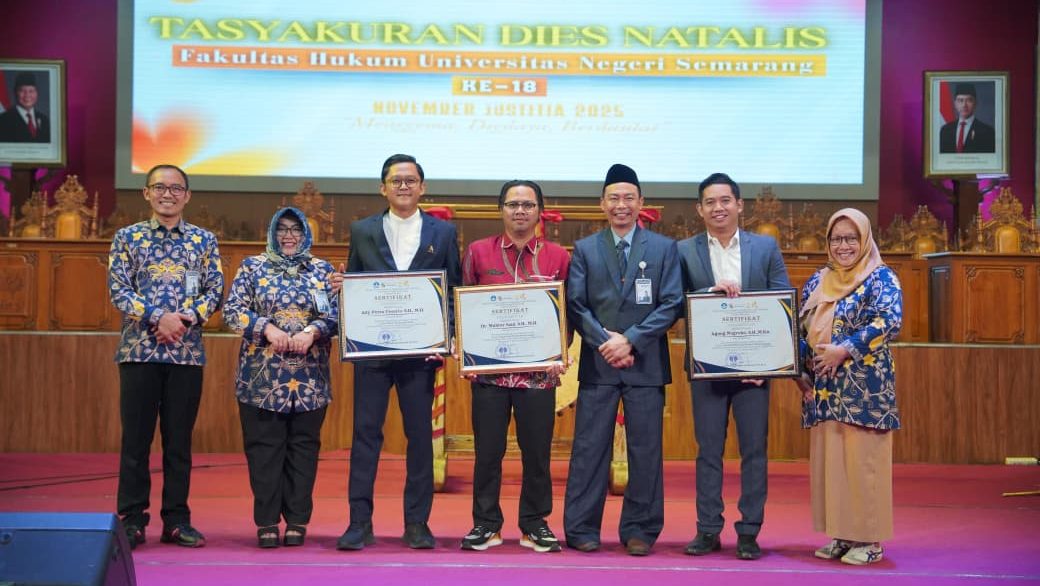Komitmen yang kuat dari pemerintah dalam memberikan perlindungan yang komprehensif bagi buruh migran Indonesia, hingga kini terus dinantikan. Selain mekanisme bantuan hukum yang jelas bagi buruh migran, Pemerintah didesak segera melakukan perubahan, baik dari segi kebijakan maupun kelembagaan yang terkait dengan perlindungan buruh migran Indonesia.
Demikian rangkuman pendapat yang mengemuka dalam seminar Pemanfaatan Hukum Internasional Bagi Pemajuan Kepentingan Tenaga Kerja Indonesia yang diselenggarakan Fakultas Hukum Universitas Negeri Semarang, Rabu (23/11), di Hotel Ciputra Semarang.
Oleh karena itu, revisi Undang-undang Nomor 39 Tahun 2004 tentang Penempatan dan Perlindungan Tenaga Kerja Indonesia di Luar Negeri beserta ratifikasi mengenai Konvensi Internasional tentang Perlindungan Hak Pekerja Migran dan Anggota Keluarganya 1990, mendesak dilakukan pemerintah.
Peneliti dari Komisi Nasional Hak Asasi Manusia (Komnas HAM), Asep Mulyana menegaskan, untuk memberikan perlindungan kepada buruh migran Indonesia secara komprehensif, seharusnya pemerintah mengambil langkah-langkah strategis.
Dari tahun ke tahun pelanggaran atas hak-hak buruh migran Indonesia terus meningkat, pemerintah tetap bersikap ambigu terhadap masalah tersebut. Hal itu terjadi karena selama ini pemerintah bersikap ambigu.
Di satu sisi diakui peran buruh migran Indonesia sebagai penghasil devisa negara, namun di sisi lain penikmatan hak-hak buruh migran Indonesia masih jauh panggang dari api.
“Sikap tersebut membuat pelanggaran hak terjadi mulai dari pra penempatan, penempatan, dan pascapenempatan terus berlangsung. Kebijakan pemerintah selama ini masih terlalu menekankan pada dimensi penempatan, ketimbang perlindungan, parsial, sektoral, dan reaktif,” ujar Asep Mulyana.
Ali Akbar Tanjung, Program Manager Human Right Working Group (HWRG) Indonesia, juga menilai dari segi kebijakan yang terkait dengan buruh migran Indonesia, banyak hal yang harus diperbaiki. Dalam UU 39/2004, misalnya, sampai saat ini belum ada mekanisme bantuan hukum bagi buruh migran yang dipersiapkan pemerintah.
“Ratifikasi Konvensi Perlindungan Seluruh Buruh Migran dan Anggota Keluarganya seharusnya menjadi agenda prioritas bagi Indonesia sebagai negara asal buruh migran,” ujarnya.
Sampai saat ini belum ada lembaga nasional yang mempunyai mandat khusus untuk memberikan perlindungan terhadap buruh migran Indonesia.
Keberadaan dan posisi Badan Nasional Penempatan dan Perlindungan Tenaga Kerja Indonesia (BNP2TKI) menjadi layak dipertanyakan jika dibandingkan dengan minimnya perlindungan bagi buruh migran selama ini. “Apalagi jika mengingat duplikasi paran antara BNP2TKI dan Kementerian Tenaga Kerja dan Transmigrasi,” kata Ali.
Sementara itu, dosen Fakultas Hukum Unnes Ristina Yudhanti mengungkapkan, dalam tatanan hukum yang dinamis, negara juga ikut terlibat aktif dalam usaha menciptakan kesejahteraan masyarakat. “Khususnya terhadap perlindungan buruh migran demikian diaturlah fungsi negara dengan penyelenggaraan hak dan kewajiban asasi manusia.”



